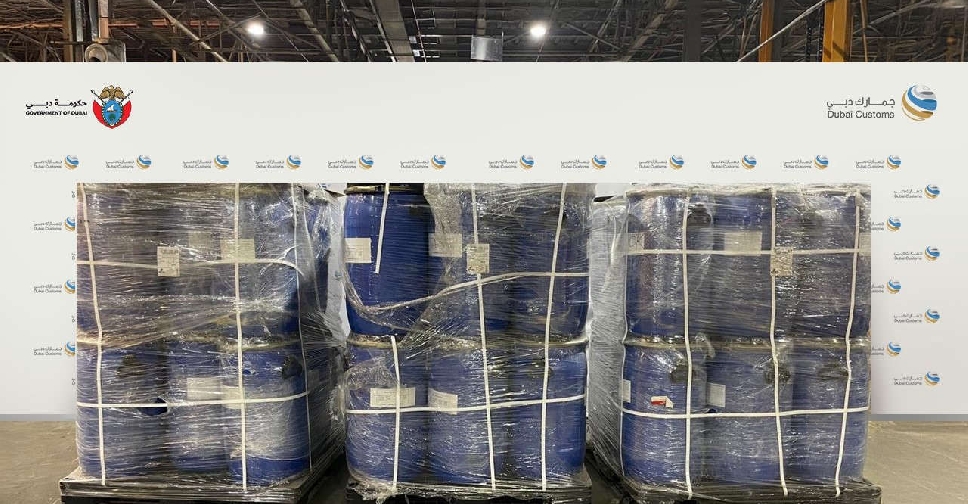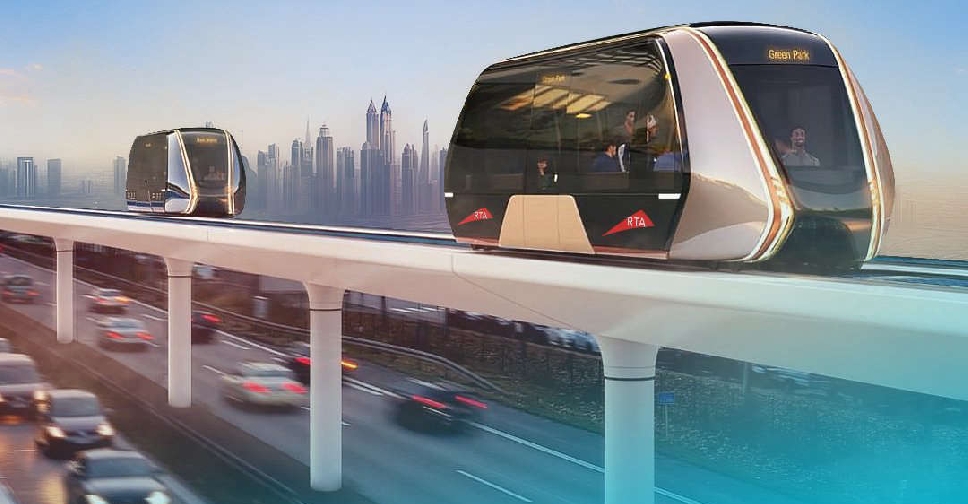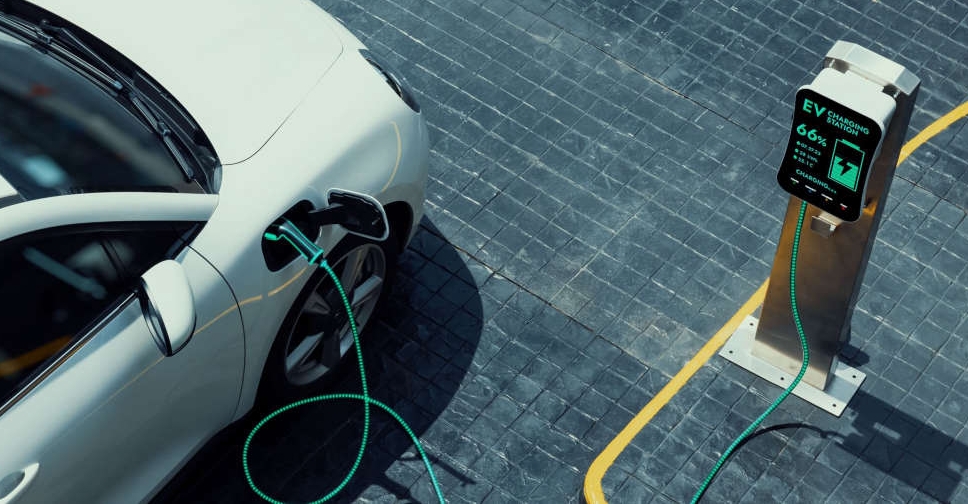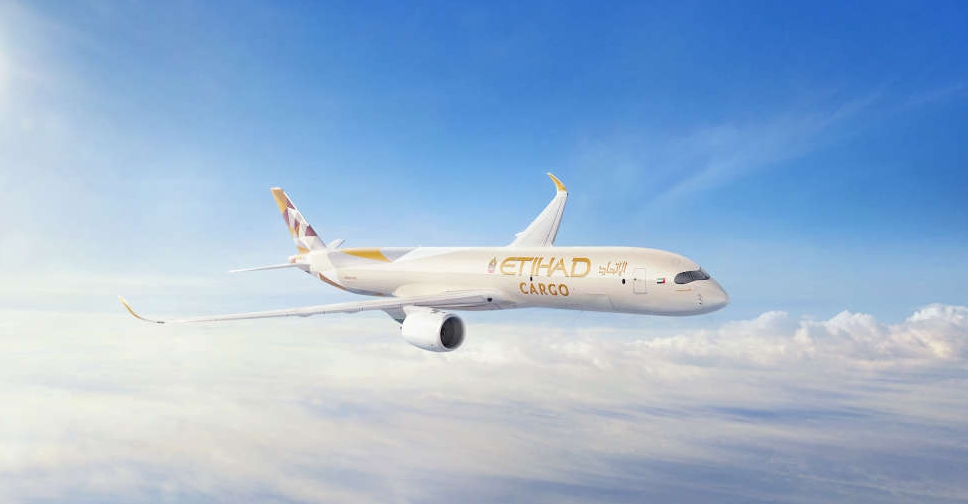
Etihad Airways has firmed up its order with Airbus for seven new generation A350F freighters, following its earlier commitment announced at the Singapore Airshow.
The freighters will upgrade the airline’s freight capacity by deploying the most efficient cargo aircraft available in the market.
This order of the A350F sees the national carrier of the UAE expanding its relationship with Airbus, and adding to its existing order of the largest passenger version of A350-1000s, five of which have been delivered.
Tony Douglas, Group Chief Executive Officer, Etihad Aviation Group, said: “This additional cargo capacity will support the unprecedented growth we are experiencing in the Etihad Cargo division. Airbus has developed a remarkable fuel-efficient aircraft that, in tandem with the A350-1000 in our passenger fleet, supports our commitment to reaching net-zero carbon emissions by 2050.”
The Abu Dhabi-based carrier has also firmed up a long-term agreement for Airbus’ Flight Hour Services (FHS) to support its entire A350 fleet, to maintain aircraft performance and optimise reliability.
This marks the first agreement for an Airbus FHS contract for an A350-fleet in the Middle East.
Separately, Etihad has also opted for Airbus' Skywise Health Monitoring, allowing the airline to access real-time management of aircraft events and troubleshooting, saving time and decreasing the cost of unscheduled maintenance.
As part of the world’s most modern long-range family, the A350F provides a high level of commonality with the A350 passenger versions.
With a 109 tonne payload capability, the A350F can serve all cargo markets.
The aircraft features a large main deck cargo door, with its fuselage length and capacity optimised around the industry’s standard pallets and containers.
More than 70% of the airframe of the A350F is made of advanced materials; resulting in a 30 tonne lighter take-off weight and generating at least 20% lower fuel consumption and emissions over its current closest competitor.
The A350F will be powered by the latest technology, fuel-efficient Rolls-Royce Trent XWB-97 engines.
“This new generation large freighter brings unprecedented and unmatched benefits in terms of range, fuel efficiency and CO₂ savings that support customers by enhancing operational efficiencies at the same time as reducing environmental impact,” explained Christian Scherer, Chief Commercial Officer and Head of Airbus International.
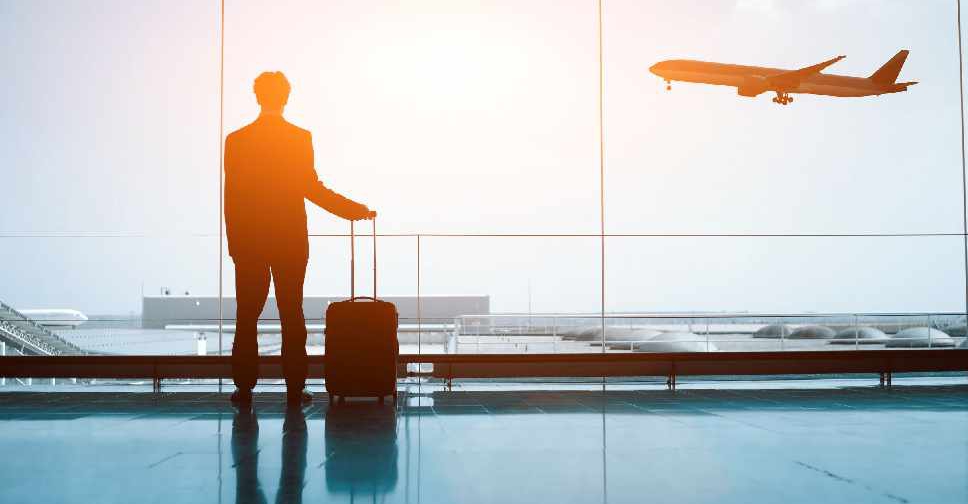 Aviation sector contributes $4.1 trillion to global economy
Aviation sector contributes $4.1 trillion to global economy
 Paris AI summit draws world leaders
Paris AI summit draws world leaders
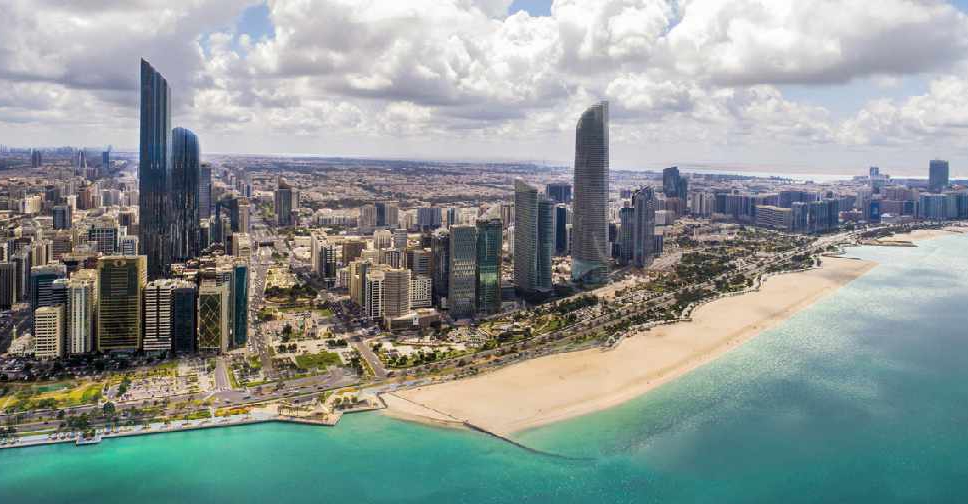 16% growth in new economic licences in Abu Dhabi during 2024
16% growth in new economic licences in Abu Dhabi during 2024
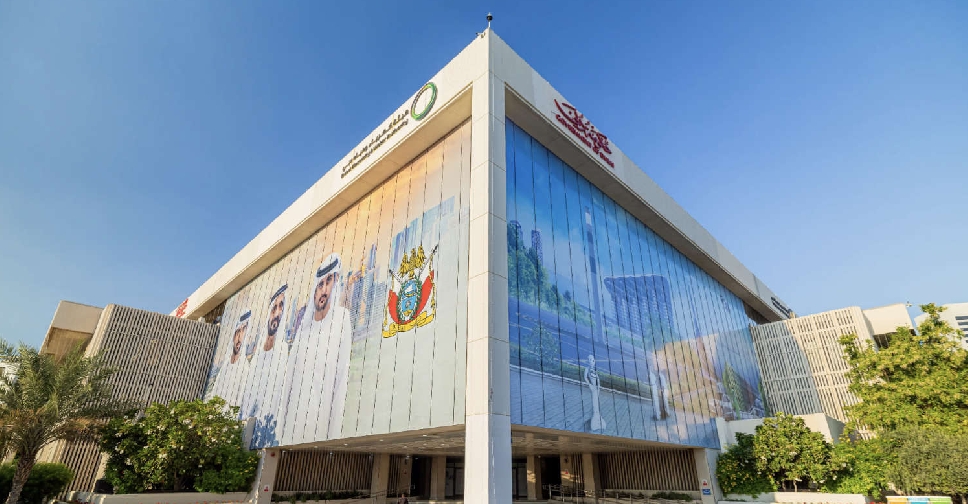 DEWA updates billing on water consumption
DEWA updates billing on water consumption
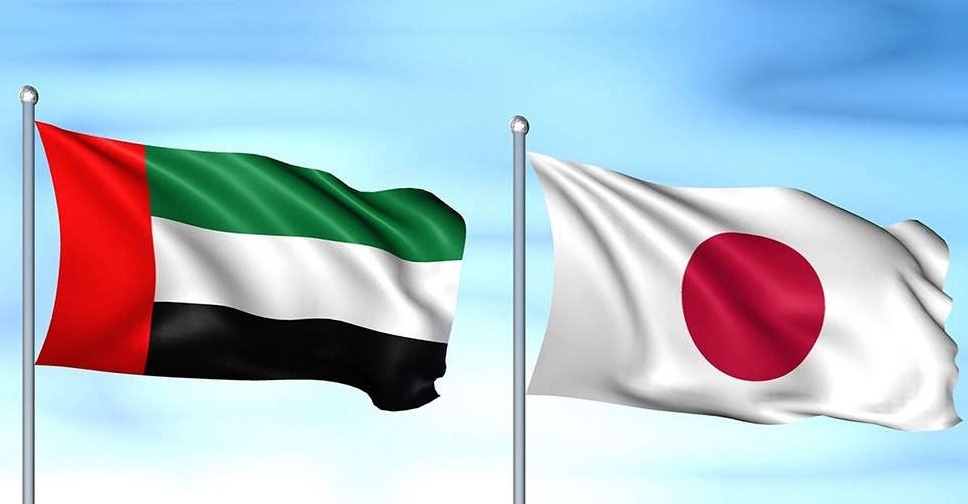 UAE, Japan to complete CEPA by end of year
UAE, Japan to complete CEPA by end of year
